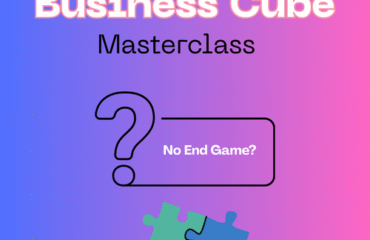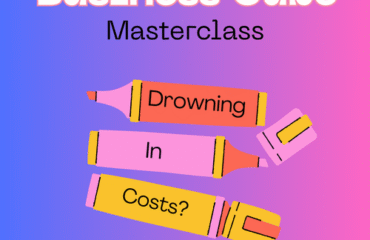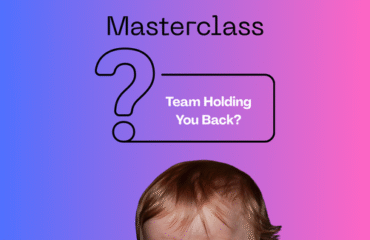Is your pitch deck telling the right story? Or is it silently killing your chances with investors? 💸
After analysing thousands of decks, I see the same critical mistakes again and again: a weak problem statement, a confusing solution, and a complete lack of a compelling narrative.
That's why I've launched my Pitch Deck Deep-Dive Analysis service. It's not a redesign; it's a strategic diagnosis.
I'll give you a detailed, actionable report on your deck, covering the 10 pillars that VCs and Angels actually care about:
1. The Hook & Overall Story
2. Problem & Market Validation
3. Solution & Product-Market Fit
4. Business Model Clarity
5. Traction & Metrics
6. Marketing & Growth Strategy
7. Competitive Landscape
8. Team Slide Power
9. The Ask & Use of Funds
10. Design & Overall Impact
What you get: A multi-page, in-depth PDF report (see example snippets in the checkout page 👇) with specific, slide-by-slide feedback on what to keep, what to cut, and what to change to make your story irresistible.
Who am I? I'm James Spurway, a Serial Entrepreneur and 25-year Angel Investor, and I've turned US$500,000 into US$10,000,000 in that time (i.e. my MOIC is 20X), Former Founder, with 32 years of experience in the startup ecosystem. I've helped founders raise hundreds of millions, and I know what it takes to get a "yes."
Ready to transform your pitch from ignored to invested? Click the link below to learn more and secure your analysis.
Your investment: $147.00







